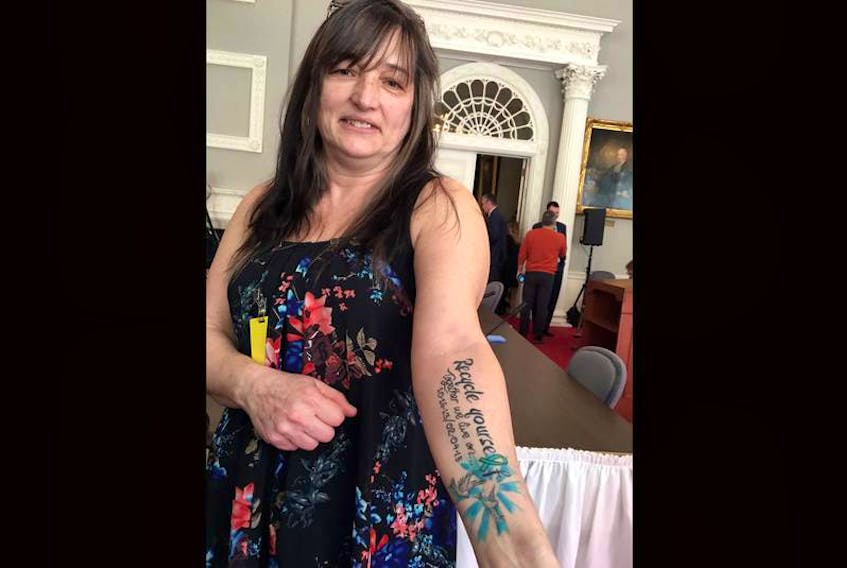As of today, this province becomes the first jurisdiction in North America to use a presumed consent system for organ donations.
What that means is that unless Nova Scotians specifically choose to opt out, they will be presumed to be willing to donate their tissues and organs in the event of their deaths.
There are exceptions. Those under age 19, unable to make decisions on their own behalf or non-residents are exempt.
As we said back in April, 2019, when the Liberal legislation enacting the change was passed, we welcome the change.
More organ donations means more lives saved. Full stop.
At the same time, the presumed consent system still allows anyone who doesn’t wish to donate their tissue or organs to make their wishes known.
Until now, Nova Scotia, like the rest of North America, has used an opt-in system that asks people to indicate, often on their government-issued identification, if they wish to be an organ and tissue donor.
But in many other places, countries have chosen to use an opt-out system, which presumes consent unless an individual has indicated otherwise.
The opt-out, or tacit consent, method is in widespread use in Europe. As a result, many countries there have among the highest organ donation rates in the world.
In 2017, Nova Scotia, using the opt-in system, had a rate of 16.8 donors per million population. Meanwhile, that same year, Spain, which has used tacit consent since 1979, had the highest rate in the world at 46.9 donors per million population.
Health-care officials say they’re seeing widespread approval and buy-in for the plan, which is encouraging. As of a month ago, only about 1,300 Nova Scotians had chosen to opt out.
Editor's note: You may register your decision and learn more on the government's website.









